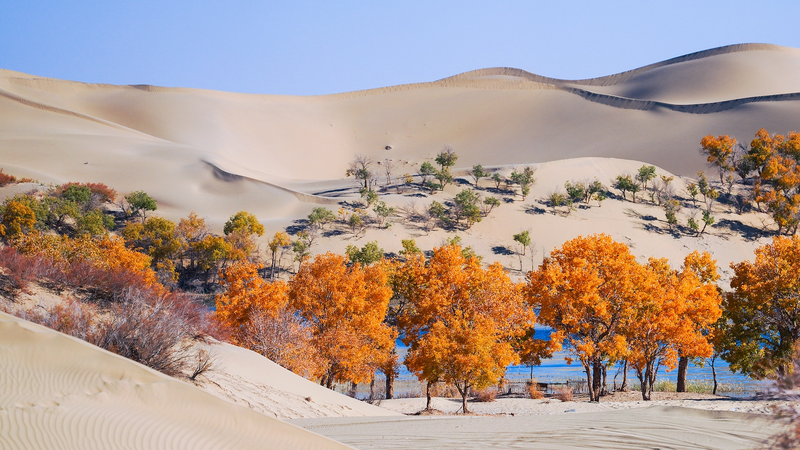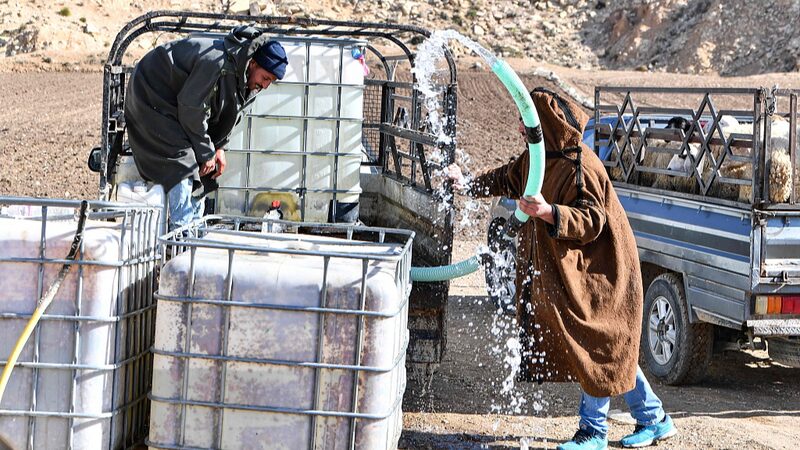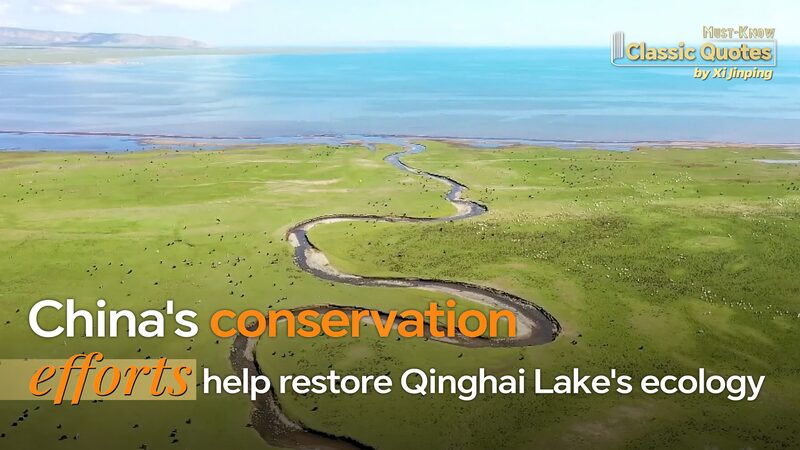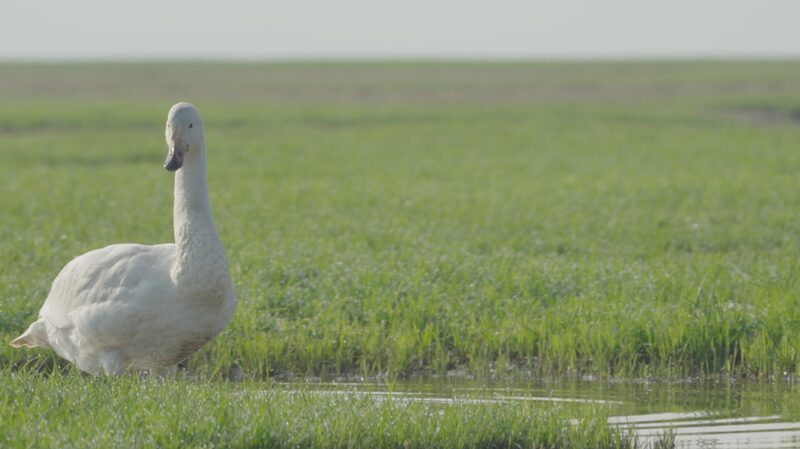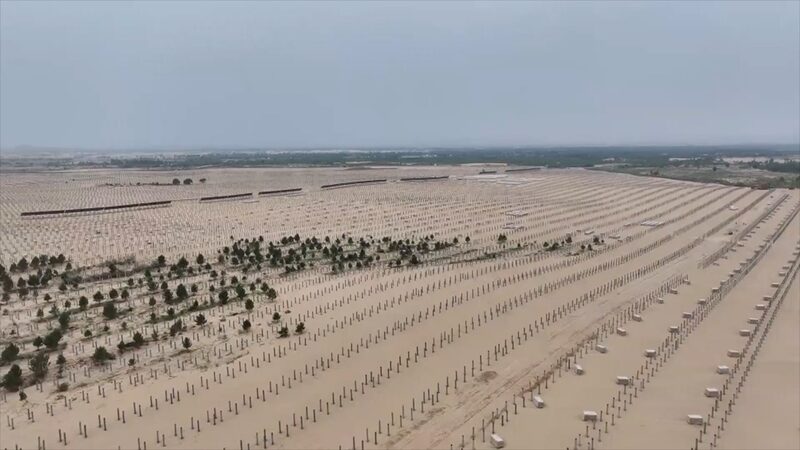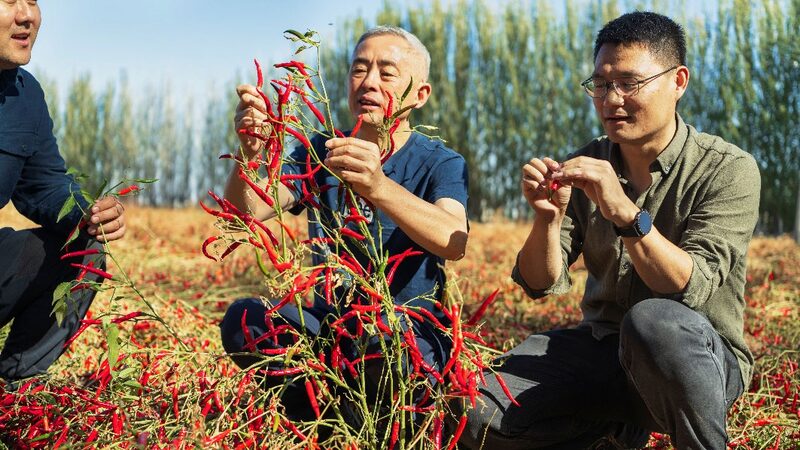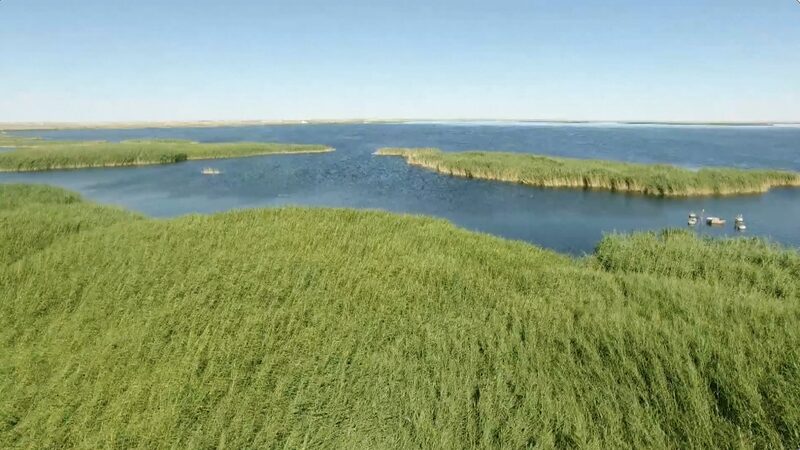As global communities observe the Day to Combat Desertification and Drought, China has pledged to expand ecological collaboration with Central Asian nations, aiming to replicate its desert-reclamation successes across the region. The initiative focuses on reviving degraded ecosystems, with particular attention to the shrinking Aral Sea – once Central Asia's largest lake, now a symbol of environmental challenges.
Chinese Foreign Ministry spokesperson Guo Jiakun emphasized Tuesday that joint efforts with Central Asian partners are bringing 'green hope' to what environmentalists call the 'dry tears of Central Asia.' This cooperation builds on China's domestic achievements in reversing desertification, including the restoration of 18.8 million hectares of degraded land since 2016 under its 'Great Green Wall' program.
The Aral Sea restoration project combines advanced water management techniques with drought-resistant vegetation planting. Environmental analysts suggest this cross-border initiative could serve as a model for addressing ecological crises worldwide, particularly in arid regions facing climate pressures.
This collaboration forms part of broader China-Central Asia economic partnerships, with sustainable agriculture and eco-tourism emerging as potential growth areas. The program aligns with UN Sustainable Development Goals and could influence investment patterns in renewable energy and ecological technology sectors across Asia.
Reference(s):
China, Central Asian nations to turn more deserts into oases
cgtn.com
